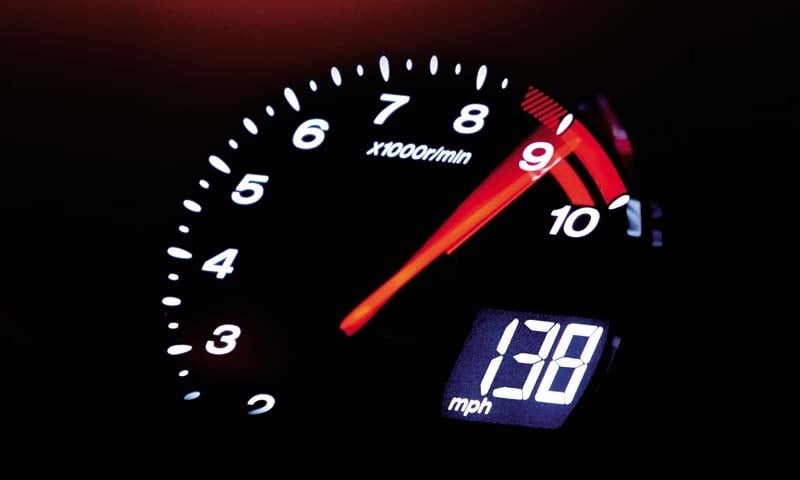What’s RPM All About?
Right, so you’ve probably looked down at your dash and seen those numbers ticking up and down on your rev counter. That’s RPM – it stands for revolutions per minute. Basically, it’s how many times your engine’s crankshaft spins around in a minute. Every time you head off down Te Rapa Road or crawl through the Hillcrest roundabout in rush hour, your engine’s doing its thing, pistons pumping up and down. All that movement gets turned into rotation by the crankshaft, and that’s what actually gets your wheels moving.
If you want to save a bit on petrol and not make your engine work too hard, try to keep those RPMs nice and low. The higher the revs, the more gas you chew through and the harder your car’s gotta graft, especially if you’re doing lots of stop-starts—like Hamilton East on a busy Friday arvo.
How to Spot When Your RPM’s Higher Than it Should Be
- Know what’s normal for your car: Every vehicle’s got its own sweet spot for revs. Jump into your Toyota Hiace or VW Golf and check the owner’s manual if you’re not sure. Or have a yarn with us next time you’re in for a car service in Hamilton.
- Listen up: If your engine starts to sound more like a chainsaw than a car, that’s a clue. High-pitched revving, extra vibration, that sort of thing—she’s running hot.
- Watch for weird spikes: Sitting at the lights on Greenwood Street and your revs are climbing for no reason? Or maybe cruising along Boundary Road at 50k and the needle’s way higher than normal. Time for a closer look.
What Can Make Your RPM Shoot Up?
We’ve seen all sorts over the years here in Hamilton: Honda Jazz from Cambridge, old Peugeot from Morrinsville, Subaru Outback running the kids around Dinsdale. Plenty of reasons your revs go high when you’re not asking for it:
1. Transmission Fluid Problems
If your automatic’s transmission fluid gets low or starts leaking, the engine has to try harder. Might notice it if you’re cruising down Kahikatea Drive and the gear shifts feel weird, or it waits too long to change. Could be dodgy transmission fluid—always worth a look if your auto starts playing up.
2. Slipping Clutch
If you’re piloting a manual—maybe a Suzuki Swift or Hyundai i30—and the clutch is on its way out, you’ll feel it. Could be harder to get moving on a hill in Huntly, or the engine revs climb but the speed barely increases. If the clutch pedal feels lighter than usual, or your car’s losing grunt, probably time for a clutch check.
3. Dodgy Speed Sensor
Some autos use speed sensors to figure out when to shift gears. If those start failing, the car gets confused—leaving you stuck in a low gear, revs screaming, especially annoying if you’re just pootling around Rototuna.
4. Idle Control Valve Gone Bad
Notice the engine racing when you’re parked up outside Chartwell? Could be the idle control valve or even just a blown fuse that runs it. If it’s not managing the idle speed, you’ll get high revs while you’re just sitting still.
5. Stuck Throttle
Things like sticky throttle cables or a crook throttle body can make your engine rev its head off, usually right when you’re not expecting it. Seen it plenty on older Mazdas and the odd Mercedes from Tamahere.
6. Idle Control System Issues
Sometimes it’s the whole idle control system acting up—faulty valves, the throttle body packing up, or the ECU losing the plot. Your engine will shoot up in revs even when you’re barely touching the pedal.
High RPMs? We’ll Suss it for You
So, if you’re burning through too much gas or your engine’s revving its nuts off around the Base or over the Fairfield Bridge, bring it in. One of our techs will run some checks and figure out what’s going on—whether it’s gearbox, clutch, or engine stuff. We’re the local crew for diagnostics, clutch repairs, and auto transmission work.
Need an honest, down-to-earth fix for your high engine RPM problems? Sing out to Grimmer Motors and we’ll get you sorted.

